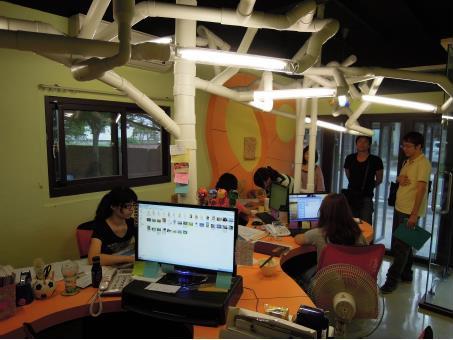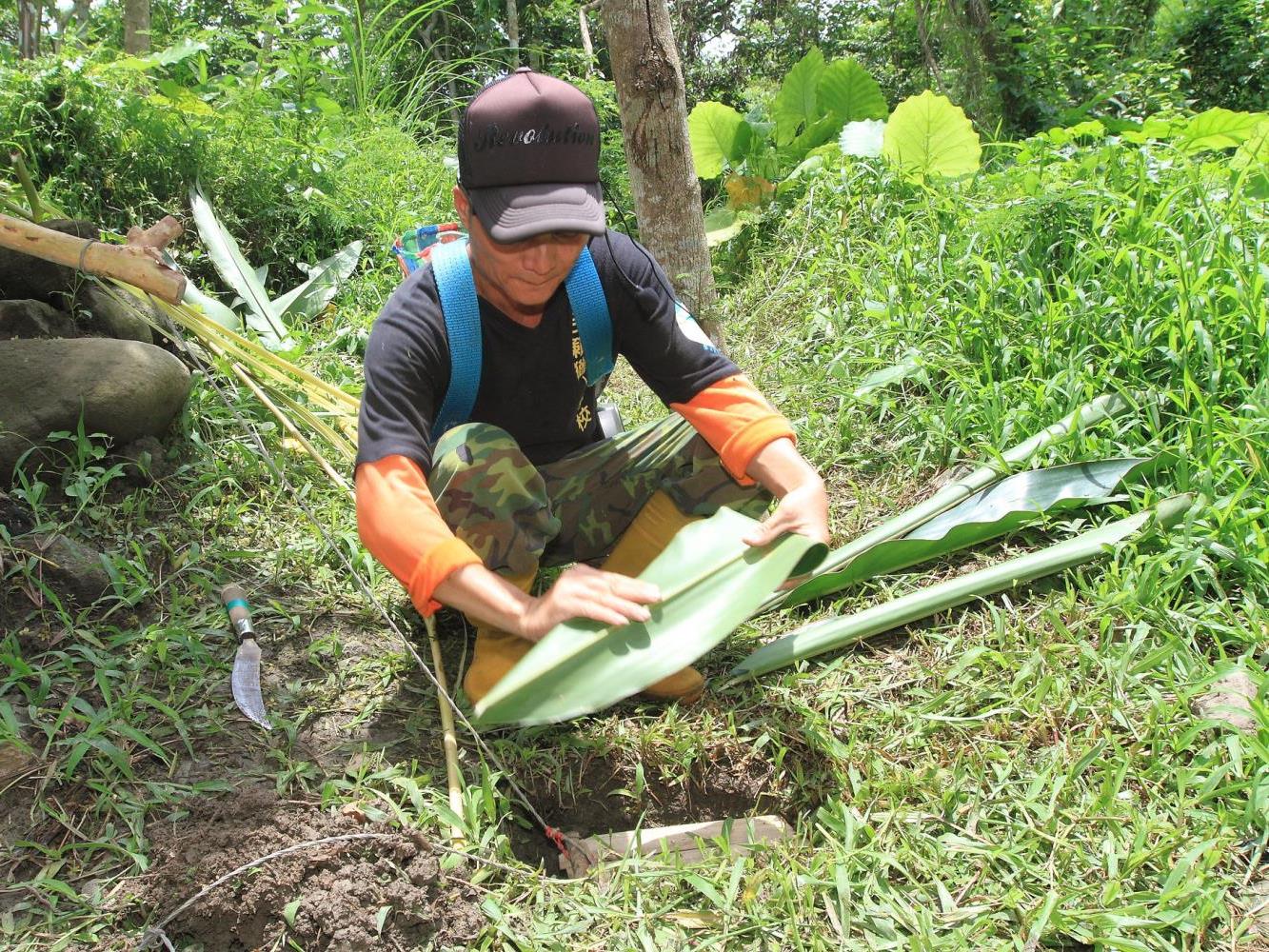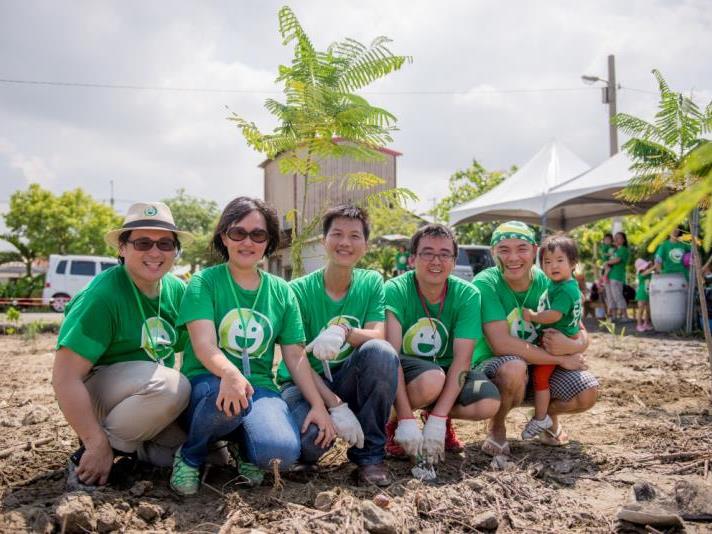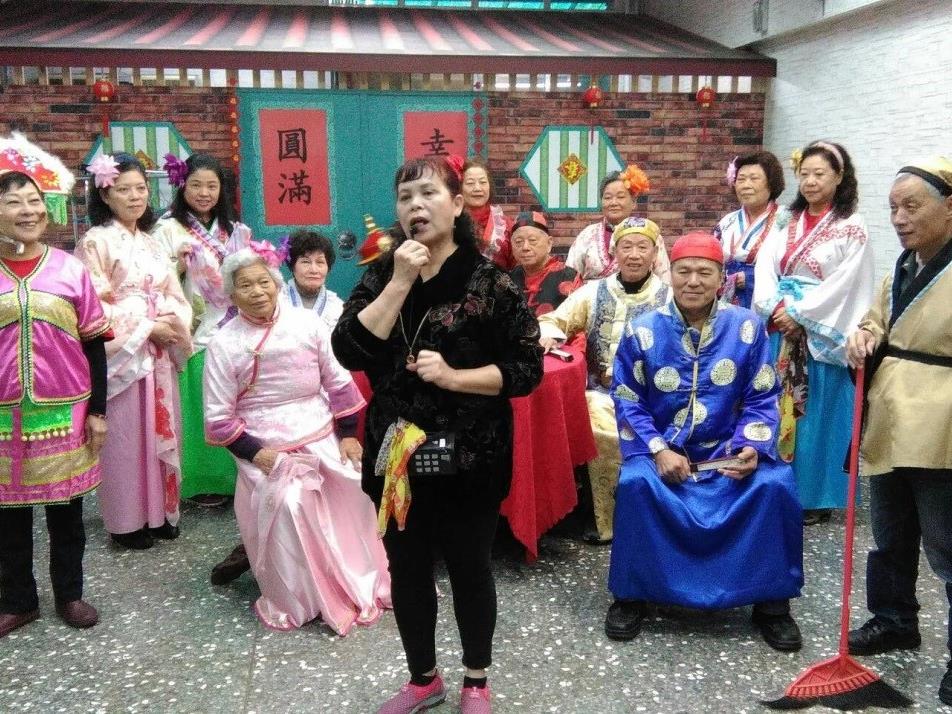Association
Association
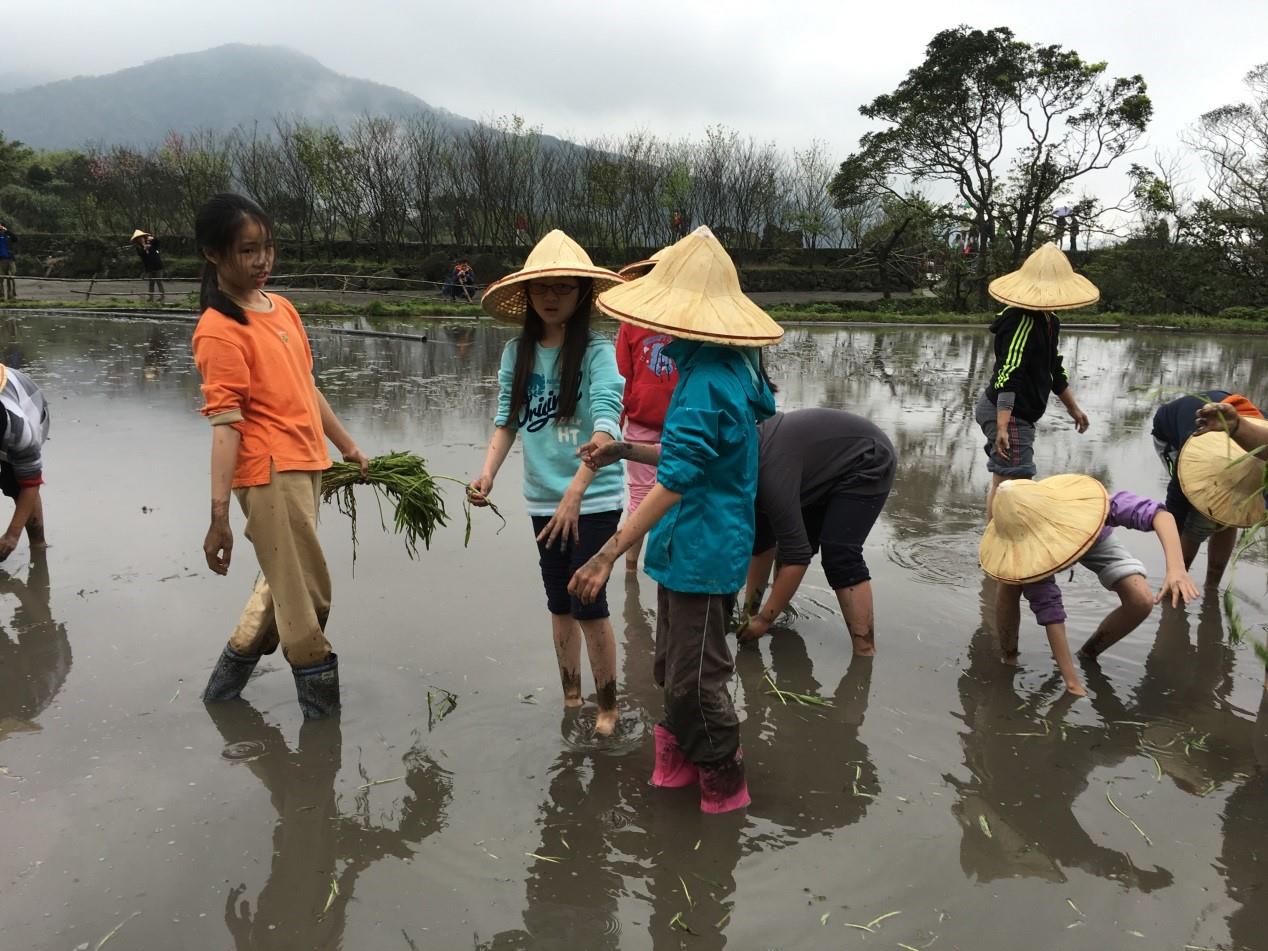
Home/Tag/Association
Dream Fulfillment Platform for Youths Returning Home
“We often envision the ideal of young people coming home, but have we ever questioned:What will make young people go home ? Is there any industry that can support them? What kind of economic guarantee is there? What kind of industry can allow young people to come home and start a family?”, reflected Chien Chia-Yu, Chairperson of The Tree of Music Environment Education Association of Taiwan. The association has spent years working in the Bayan community of Jinshan District, New Taipei City at a grassroots level.
Bayan’s Beautiful Scenery Has Gone Viral, But Agricultural Conditions are Terrible
In 2016, the news that Bayan community was closing its doors to outsiders put this tiny community back into the spotlight, after a scenic site dubbed “middle of the water” went viral. More people who had never heard of Bayanalso took notice of this beautiful community 7.2 kilometers down Yangjin Highway.
Around 2009, efforts to restore Bayan community’s terraced paddy fields and industry began. This included community development, ecological restoration, and marketing and packaging. Media attention during this process successfully raised the profile of this little-known community, and people taking photos and checking in through social media further launched the community into viral fame. Bayan community suddenly became a must-visit site for online influencers and models. A single weekend could bring in two to three thousand people; there were even times when five thousand visitors flooded the streets in a single day. Tourists taking photos and curious about everything in this simple agricultural village began behave unruly that threatened the environment. The tiny community, comprised of only around a dozen households and residents whose age averaged around 70 to 80, found it impossible to handle. Tourists were heavily disrupting the resident’s lives, and after a debate over whether or not to open the community to outsiders, the decision was made to close off the village. Visitors had to make reservations ahead and pay for a guided tour.
Chien Chia-Yu was invited to restore the community’s terraced paddy fields in 2011, when Bayan’s popularity was at its peak. He said that, “There is no right or wrong. From the perspective of marketing the community, the team in charge was very successful. But residents woke up during weekends and holidays only to find that things got out of hand - their home had become a zoo for outsiders to trample through recklessly.”
In the end, Chien Chia-Yu pointed out, Bayan isn’t just a tourism area, but a community of elderly farmers; popularity of the village did nothing for tourists nor the community. He and a bunch of like-minded youths decided to stay in Bayan, help the elderly residents face the community’s difficulties, and think about viable solutions.
To outsiders, the community was sheer visual delight - terraced paddy fields surrounded by lush mountains, with wisps of sulphuric smoke rising in the distance. But this paradisaical site actually housed terrible conditions for farming.
“Every negative thing you can think of exists here!” Chien Chia-Yu actually used the words “interesting” and “special” to describe Bayan’s agricultural conditions: the population is shrinking and aging; the community is located in Yangmingshan National Park, where there are many restrictions to overcome in order to procure land; it rains over 200 days a year; and it is also colder, with terrible weather conditions that make it hard for crops to survive. The Jinshan community at the foot of the mountain is able to begin planting in March, but in, farmers have to wait until May. They can only farm for one season each year, as it becomes too cold for crops around September and October. Boundaries of administrative districts are blurred due to its location between Taipei City and New Taipei City, and summed with short growing season, small fields, and poor production, almost every possible problem can be found here.
Learn From Field Experience: Ecological Conservation Requires Support
Chien Chia-Yu said that with a graduate degree in ecology, he used to rely on books and theories, but after coming to Bayan, he discovered the importance of field experience. As a result, he had a casual attitude when coming to work on terraced paddy fields, but ended up working with local residents and staying for good.
In the beginning, he tried collaborating with other associations, trying to present the potential of the community in various ways. In 2013 he organized a harvest concert, which caught the attention of nearby communities, and resulted in great exchanges. Chien Chia-Yu thought, why not start an association to commemorate this concert held under a big tree? So he named his association “Tree of Music”. He didn’t want to tie the association to a specific location, so he made it nationwide. This is how The Tree of Music Environment Education Association of Taiwan got its name.
Ecological restoration and conservation are just one aspect that needs a lot of effort. The association focuses on environmental education with humanities, ecology, industry, and other aspects in mind. They started out with ecological walking tours, then ecological experiences, but they only established a model of collaboration with locals when they began doing paddy field adoptions.
“Bayan residents have fields, but they are too old to engagefarming. Renting the land out meant that they would have no control over what is planted. They felt like they were selling out ancestral lands cheaply, but they needed the income to survive.” Chien Chia-Yu said that in the beginning, they tried to promote natural farming without pesticides and chemical fertilizers. Old farmers would do their own planting with crop purchase guaranteed, but since they thought it impossible for crops to grow well without the use of chemicals under such terrible weather conditions, they refused. The association then came up with the idea of letting people adopt the paddy fields. Farming and harvesting require manpower. Those wanting to experience farming in paddy fields could adopt the land to work on, while the old farmers instructed them, managed operations, and fertilized the land. With people to help with harvesting, yielding of crops was guaranteed, and since they profited from the land, farmers stopped worrying about renting the land cheaply.
As for the restoration work on the paddy fields, at first they filled the fields with water to revitalize the deserted farmlands. Without chemical fertilizers, animals returned to the area. It all looked good on camera, but where was industrial economy if residents had nothing to do? Later, they drained the water and tried to plant Jinshan’s signature sweet potatoes. Because all the pests in the soil drowned during the two to three years that the fields were filled with water, the sweet potatoes grew well without the use of chemicals, despite they are vulnerable to pests and normally require pesticides. But that was just the first year; could this model be sustainable? Therefore, Chien Chia-Yu and his team found the hydroponic Julia’s sweet citrus mint, a very refreshing species of mint that can be made into menthol. Mint can be made into processed products that are very profitable, so the association built a successful model of rotation between hydroponic farming of mint and growing of sweet potatoes. This way, the sweet potatoes became less dependent on chemicals, and a business model was gradually established.
Alternatives for the Youths’ Return
The Tree of Music Environment Education Association of Taiwan has collaborated with the Workforce Development Agency’s Empowering Employment Program for three years, giving job opportunities to young people and middle-aged to elderly workers. They have also given young people a platform and opportunity to realize their dreams. For example, the association had a young recruit that could hardly hold a job for more than two weeks in the past. That young man started working at the association with an unstable attendance record, but then Chien Chia-Yu began encouraging him to propose projects that might have seemed unimaginable to others. He was given complete control of concept, pitch, and execution. The young man became very passionate about his work, even volunteering to do overtime. Chien Chia-Yu said, “We don’t work overtime in the association, and we didn’t encourage him to do it, but he really treated this project as his own business.” This young man has now found a steady job elsewhere. Chien Chia-Yu is positive that this is the meaning of the Empowering Employment Program.
The association also gained exposure from this program. Starting in 2018, the association began working on new collaborations of community development with Keelung’s Dajing Recreational Farm, and the mountain village of Shigang in Dongshi, Taichung. Chien Chia-Yu believes that if you dare to try, there is a chance for success. Conditions in different areas require different solutions. You have to start with overall planning before working on promotion and marketing.
Over the years, he has also reflected on which industries could allow young people to return to their hometowns and start and family. Productivity from farm work begins to decrease after age 35, and farmers typically earn lower income than urban jobs. Therefore, he believes that it is important to think out an industry model that can attract young people to return home as well as support their economy.
As a result, he wishes to propose an innovative solution in the second half of 2019: to use a brand image that is appealing to young people, and market agricultural products produced by associations and stores investing efforts to improve local communities and ecosystems, with a brand concept of shared value. These associations and stores can work together in packaging, marketing, and sales to help realize the possibility of sustainable operations for local industries.
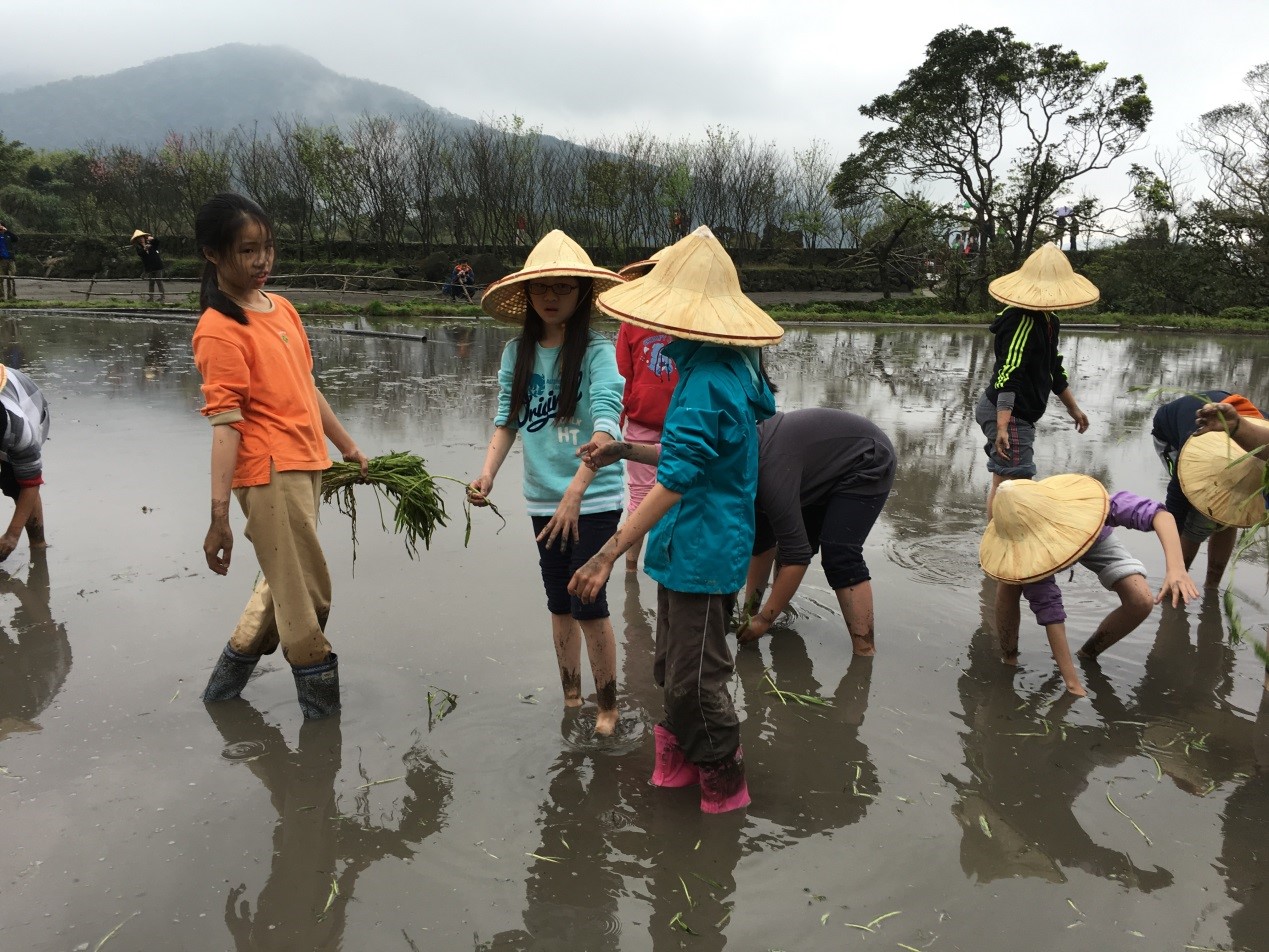
▲The Tree of Music Environment Education Association of Taiwan has conducted long-term field work in Bayan at a grassroots level, helping to develop agriculture and ecological tours.
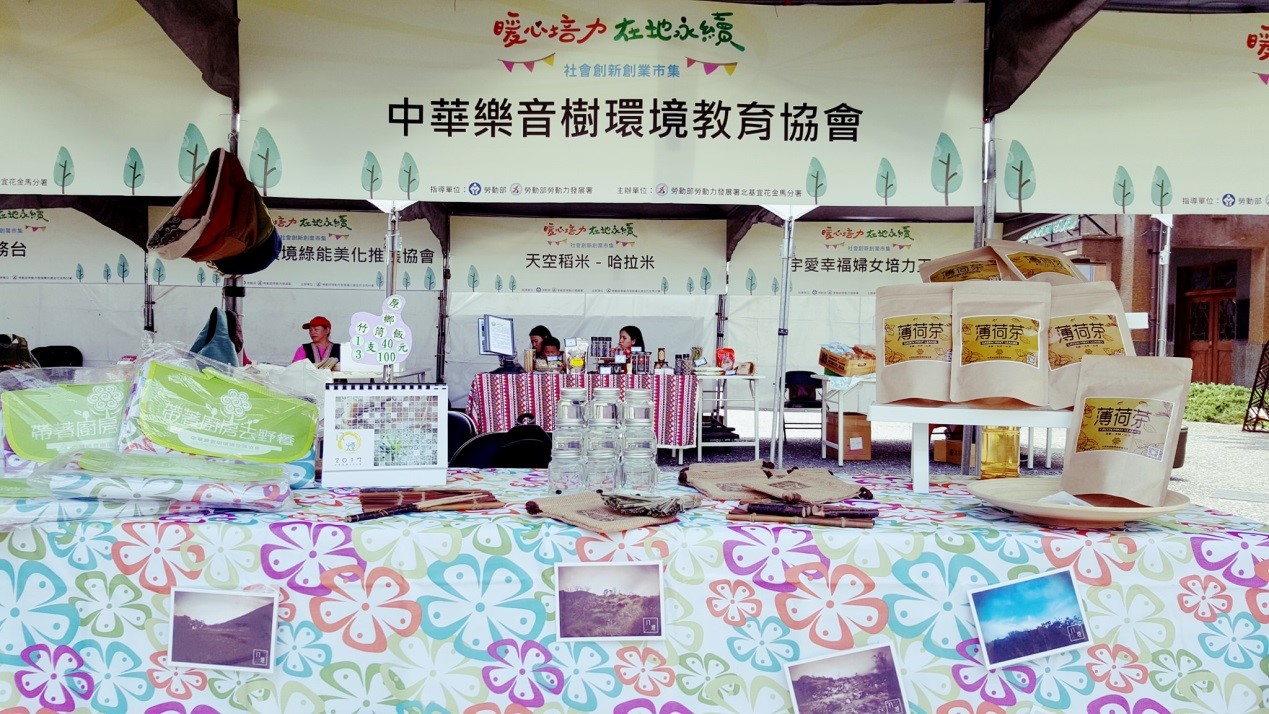
▲The association has seen great results in the three years they have collaborated with the Workforce Development Agency’s Empowering Employment Program.
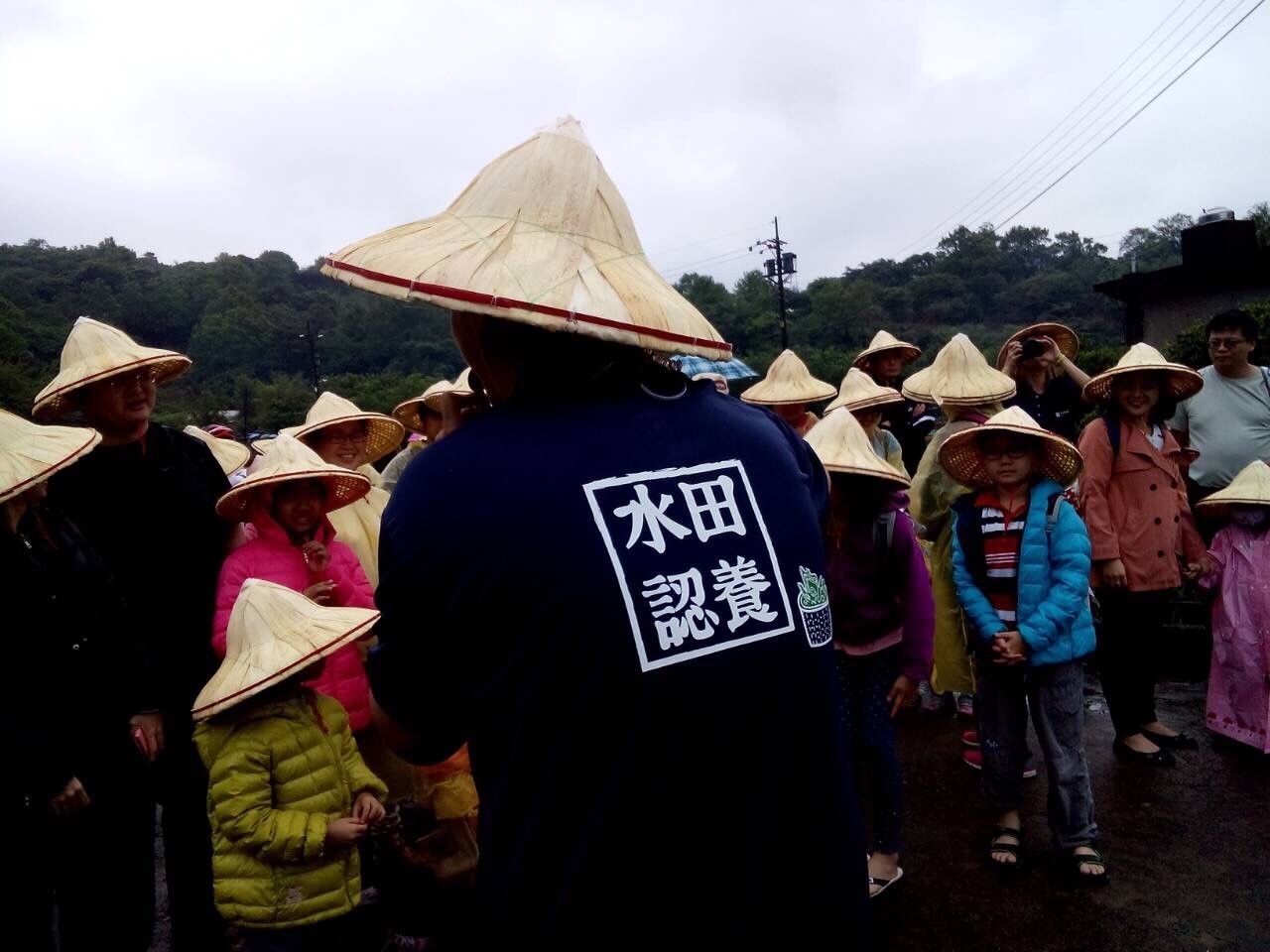
▲The association promoted paddy field adoption in the Bayan community, helping local farmers with farming and harvesting, and enabling outsiders wishing to experience farming to participate in agriculture.
Case Story - Empowering Employment Program
Interviewee:
Chien Chia-Yu - The Tree of Music Environment Education Association of Taiwan

This work is licensed under a Creative Commons Attribution-NoDerivatives 4.0 International License.
Please attribute this article to “Workforce Development Agency, Ministry Of Labor.”

